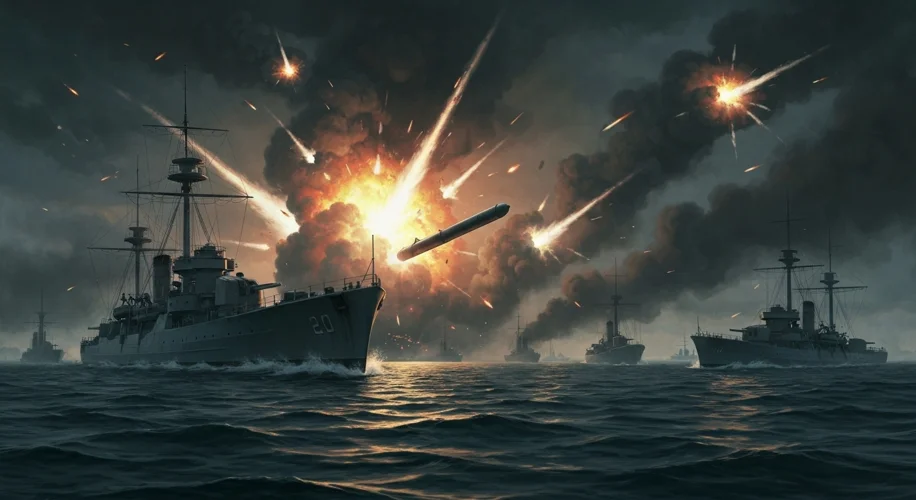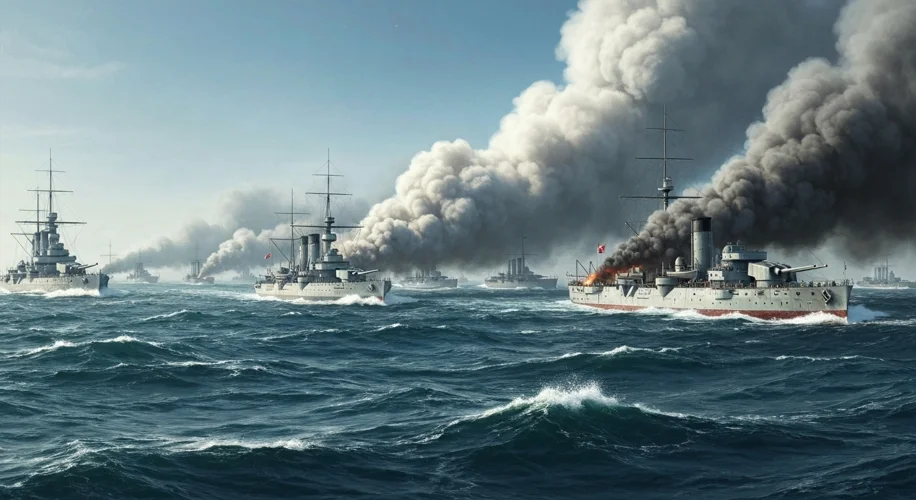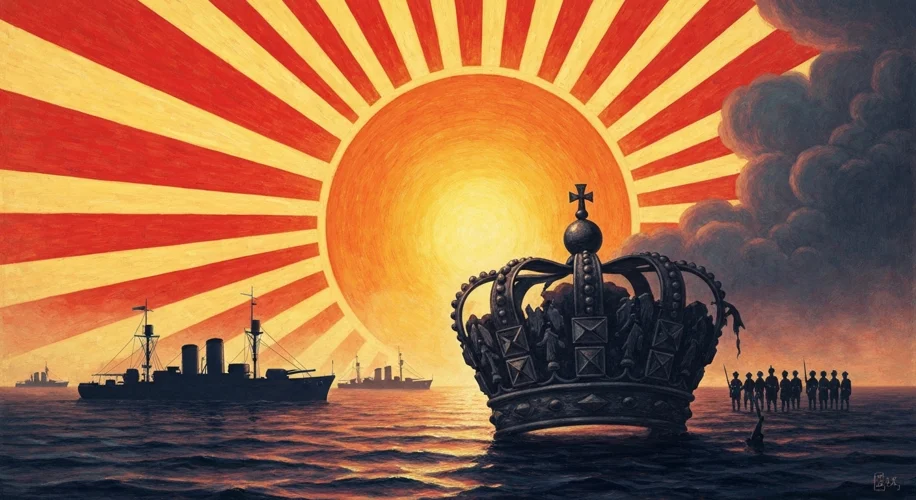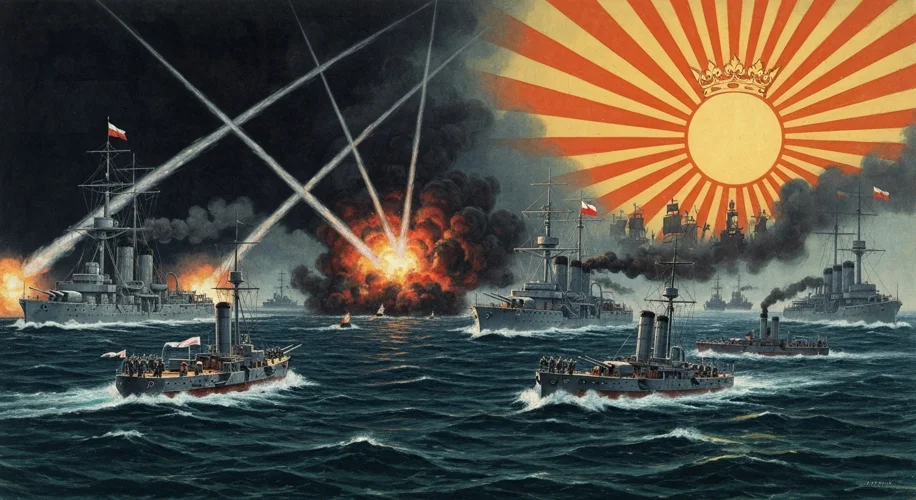The year is 1904. The air in East Asia crackles not just with the humid breath of summer, but with an unseen tension, a prelude to a conflict that would shake the foundations of global power. On one side, the vast, lumbering Russian Empire, a colossus stretching across continents, confident in its centuries-old dominance. On the other, an island nation, Japan, which had, with astonishing speed, shed its feudal skin and embraced the modern world, emerging as a formidable force.
The seeds of the Russo-Japanese War were sown in the fertile ground of imperial ambition and competing interests in Korea and Manchuria. For decades, Russia had been casting its hungry gaze eastward, seeking warm-water ports and territorial expansion. Japan, newly awakened and acutely aware of the predatory nature of Western imperialism, saw Russian encroachment as an existential threat to its own security and its burgeoning influence in the region.
Imagine the scene in St. Petersburg. Tsar Nicholas II, surrounded by his advisors, dismisses the notion that a ‘little Jappo’ could ever challenge the might of his empire. The Russian military, though vast, was riddled with corruption and inefficiency. Its navy, a proud but aging beast, was largely stationed in European waters, a daunting distance from the simmering conflict zone. Meanwhile, in Tokyo, Emperor Meiji and his cabinet were meticulously planning, leveraging their nation’s industrial prowess and a newfound military discipline. Japan had painstakingly modernized its army and navy, even forging an alliance with Great Britain in 1902, a diplomatic coup that signaled to the world that Japan was no longer to be trifled with.
The war began not with a declaration, but with a daring pre-emptive strike. On February 8, 1904, under the cloak of darkness, Admiral Tōgō Heihachirō’s Japanese fleet launched a torpedo attack on the Russian fleet anchored at Port Arthur, a strategic naval base in Manchuria. The surprise was complete. Several Russian warships were crippled or sunk, a stunning blow that immediately tilted the scales. This wasn’t just a naval engagement; it was a psychological thunderclap, announcing Japan’s arrival on the world stage with a roar.

The conflict then spilled onto the land. The Battle of Mukden, fought in February and March 1905, was one of the largest land battles fought up to that point in history, involving over half a million soldiers. Japanese forces, demonstrating superior strategy and morale, pushed back the Russian army in a brutal, grinding campaign. But it was the naval battles that truly captured the world’s imagination, and sealed Russia’s fate.
In May 1905, Admiral Tōgō orchestrated one of the most decisive naval victories in history. The Russian Baltic Fleet, having made an epic, months-long journey halfway around the world, arrived to face Japan’s highly trained and modern fleet at the Battle of Tsushima. In a single, devastating engagement, the Japanese navy annihilated the Russian fleet. The iconic image is of the Russian flagship, the Borodino, exploding in a fiery inferno, a fitting metaphor for the empire’s shattered pride.

The consequences of this conflict were profound and far-reaching. For Japan, it was a triumph that reverberated globally. It proved that an Asian nation could defeat a major European power, shattering the myth of Western racial superiority and inspiring nationalist movements across Asia and Africa. Japan emerged as a major world power, its empire set to expand.
For Russia, the defeat was catastrophic. It exposed the deep-seated weaknesses and corruption within the Tsarist regime, fueling discontent that would erupt in the 1905 Revolution (often called the ‘dress rehearsal’ for 1917) and ultimately contribute to the Bolshevik Revolution of 1917. The Tsar’s prestige was irrevocably damaged.
The war also had significant implications for the geopolitical landscape of East Asia. Japan’s victory solidified its control over Korea and Manchuria, setting the stage for future conflicts. It demonstrated the critical importance of naval power in modern warfare and the effectiveness of rapid industrialization and military modernization.
In essence, the Russo-Japanese War was more than just a clash of armies; it was a watershed moment. It marked the end of an era where European powers exclusively dictated the global order and the dawn of a new, more complex, and often more violent, international system. It was a stark reminder that power could shift, that the East could indeed roar, and that the West, for all its perceived might, was not invincible.


